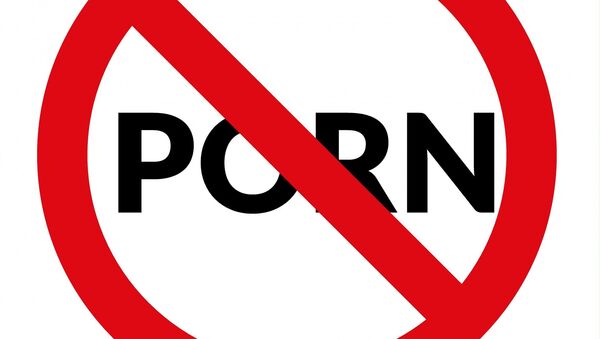Indian Information Technology Minister Ravi Shankar Prasad on Wednesday told the lower house of the Parliament that the government had banned at least 9,063 websites featuring adult content last year.
The minister stated it in response to a query about the measures being taken by the government to control pornographic content, especially child pornography.
“I wish to assure this house, I have data from last year, under section 69A of the Information Technology Act, that the total number of blocked sites is 9,063. We keep on taking steps from time to time. … child pornography must be dealt with in a very hard manner. And there is a global consensus on this.”
He further noted that many assert that adults have a right to view such content. “But as far as adult pornography is concerned, there are competing interests. Some people say it is my right to see in the privacy of my house. Therefore, we do take actions as well....Sir we have blocked thousands of channels. But here we block and then it is available on other channels abroad.”
Dayanidhi Murasoli Maran, an MP from the Dravida Munnetra Kazhagam (DMK) party, had asked if the government is taking any measures to ban VPNs (virtual private networks), which provide internet users seeking pornography with the ability to sidestep national firewalls. He added that despite the claims of the country’s IT minister, pornography was available without a VPN.
Maran said, “The government has taken steps and also the courts have ordered banning of all porn sites and child pornography sites. It's a good thing if you are banning it but you are aware that it is available to every Indian through VPNs, fake VPNs and proxy servers. In fact, ban is not followed as VPN allows end user to bypass all security protocols to access. Countries like the UAE and China have ensured that VPN services are banned when it comes to pornographic sites; has the government taken any steps to ban VPNs?”
The Supreme Court of India asked the government in 2019 to frame guidelines to regulate social media and introduce a mechanism for track ingexplicit material.
In December, Indian Vice-President M. Venkaiah Naidu established a 14-member group to study issues related to pornographic content on the internet and social media platforms.


